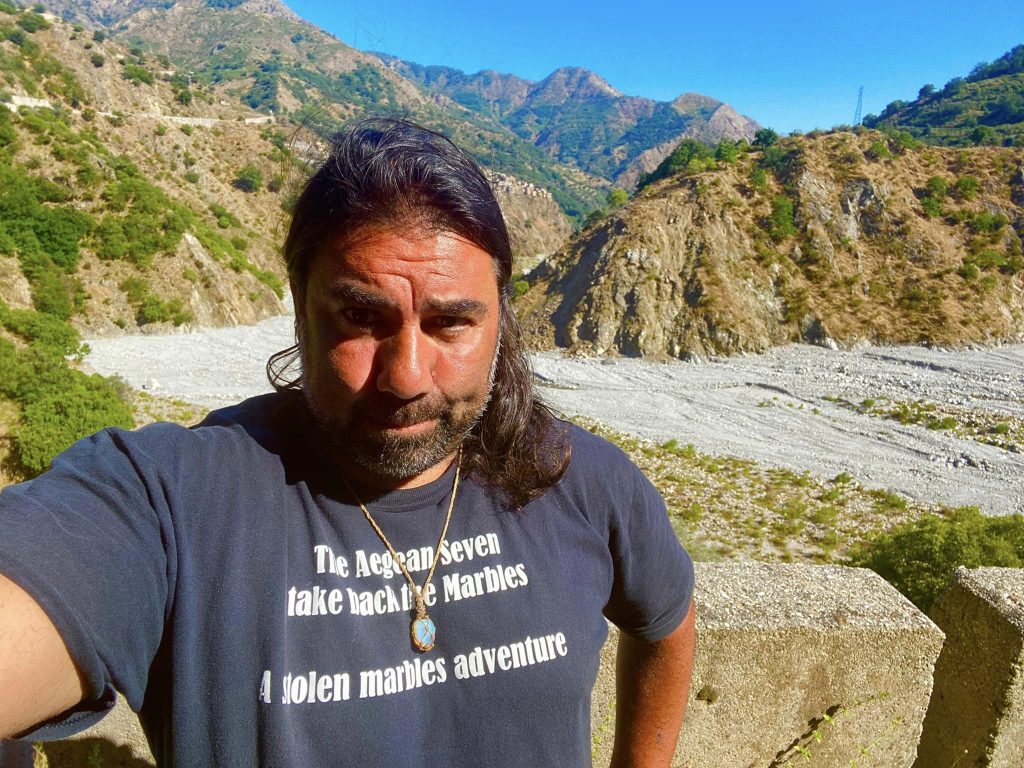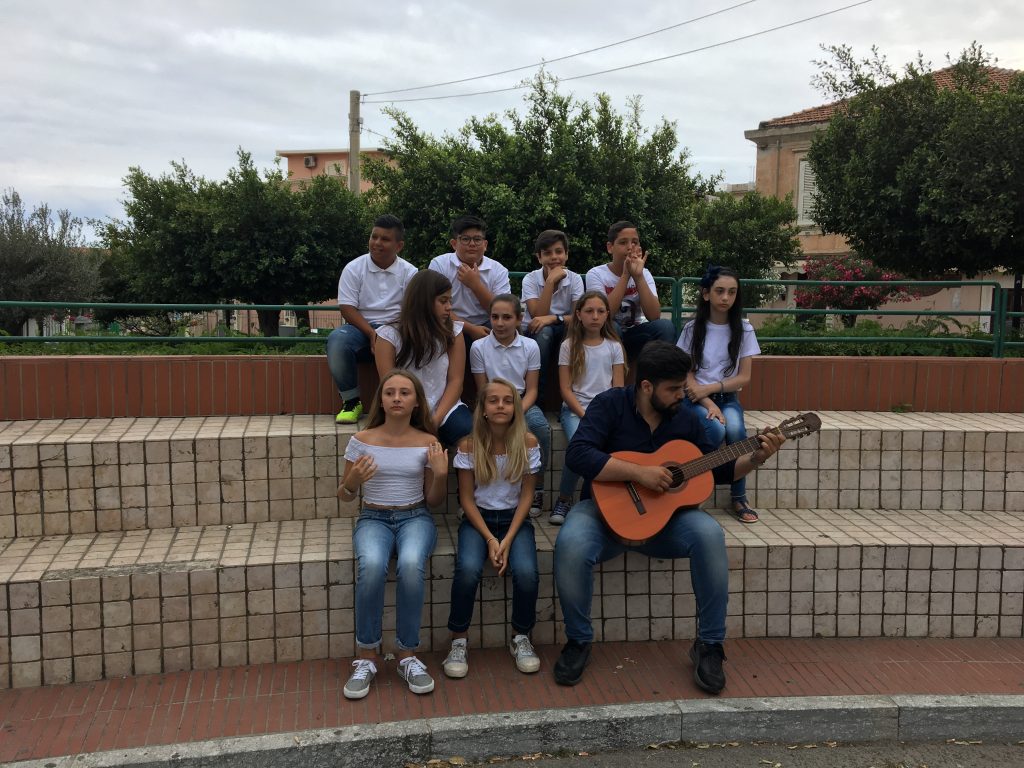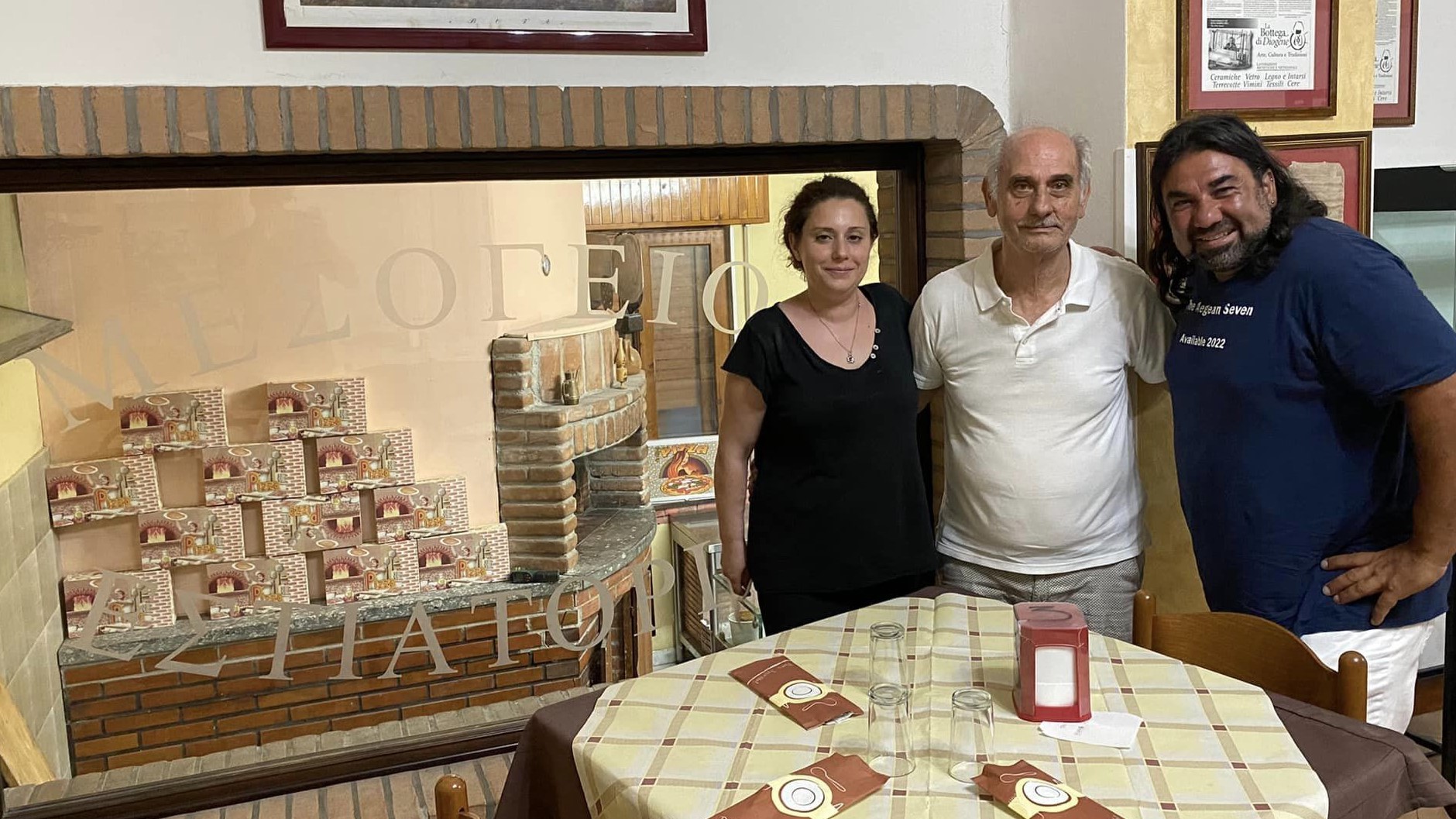Billy Cotsis’ film Magna Graecia: the Greko of Calabria will debut in Sydney on Sunday, November 13 from 6pm with a special screening at the Palace Norton Street Cinemas in Leichhardt.
This film is the first of Cotsis’ three-part Magna Graecia series and will be screened in cooperation with AHEPA NSW Inc’s Chapter Antigone and the Australian Hellenic Educators’ Association.
Magna Graecia, produced by Cotsis and Basil Genimahaliotis, looks at the Greko communities of Calabria in the southernmost part of the Italian peninsula, a group of people who have maintained their millennia-old links to their ancient and medieval Hellenic past through their language and culture.
While the roots of the Hellenic presence in Calabria and neighbouring regions, which now comprise southern Italy, are lost in time, there were two main phases of migration from the Aegean Basin to these lands – the first during the 8th and 7th centuries BCE, and the second during the gradual Ottoman conquest of Hellenic lands to the east.

The last great wave of Hellenic migration into Calabria was in the 1400s, following the fall of the imperial capital of Constantinople. Tens of thousands of learned – and less so – Orthodox Christians fled Islamic rule for the nearest Christian territories: Calabria and adjoining regions. There they played key roles in what became known as the Renaissance, the ‘rebirth’ of ancient Hellenic and Roman learning.
Calabria was once dominated by Hellenism, where one could not move freely through the entire south of Italian Peninsula without being able to speak some form of the Hellenic language. At their peak, 1,500 Orthodox monasteries and churches adorned Calabria and its neighbours. The political unification of Italy in the 1800s and the imposition of the dialect of Tuscany as modern Italian accelerated the decline of this linguistic dominance.


Cotsis first visited the region in 2002 when he found the language still spoken in the homes and towns that he visited in southern Italy. He has been back a number of times, resulting in this 53-minute-long documentary takes the viewer to Greko-speaking villages.
The screening will be followed by a Q&A with Billy Cotsis, hosted by actress and Australian Calabrian Belinda Maree.
Tickets are $19 for adults and $15 for concessions. To reserve your seats, call Chapter Antigone President Charoulla on 0411 137 266 or info@ahepansw.org.au.
READ MORE: ‘Magna Graecia’ brought to life in Melbourne in world first film premiere.

